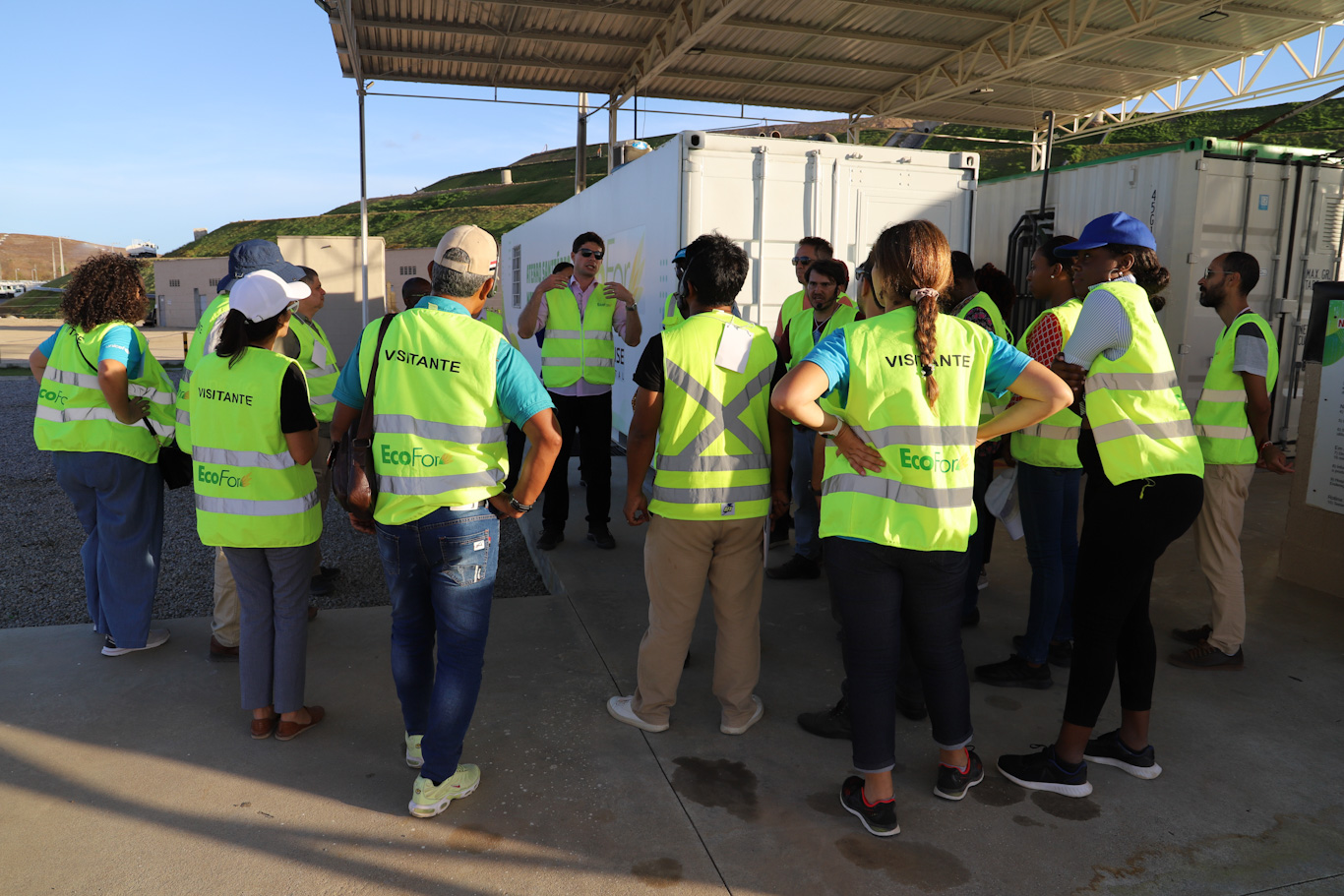How do the study visits work?
Study Visits are missions comprised of policy makers, experts, officials, and other representatives of governmental and non-governmental organizations from partner countries who visit Brazil to engage in policy dialogues and share lessons and practices in loco with Brazilian counterparts.
During such visits, the delegates from partner countries and Brazilian experts and officials participate in workshops, courses, and various learning activities with focus on knowledge sharing and capacity development in areas of impact in children and women´s rights. These visits may also include trips to locations where Brazilian good practices are being implemented.
Study Visits require careful planning to ensure they produce effective learning results. The goal is to expand participants´ knowledge and skills to enable them to adapt and apply these newly developed capacities readily and successfully. That will enable these capacities to turn into daily actions upon their return to their home countries. The exchange should therefore be grounded on carefully chosen knowledge and communication methodologies and strategies, considering knowledge gaps, learning needs and cultural specificities of participants. A match between these requirements and expectations on one hand and the Brazilian practices and experiences on offer on the other should be reflected on relevant, quality training and exchange material, tailored specifically to each trilateral South-South cooperation (TSSC) partnership. To that end, counterparts from Brazil and the partner country will work closely with support from UNICEF and ABC to plan and implement every component of the Study Visit. This modality does not require a project document or a previous scoping mission.
Nevertheless, detailed Study Visits Terms of Reference should be prepared and agreed upon by the key parties concerned at least 3 months before the beginning of the mission. It is important that these Terms of Reference establish clear objectives for the visit, and that, by the end, the activity is jointly evaluated by the counterparts of the countries involved to understand whether they have been achieved. A study visit should also include a monitoring/follow-up plan that allows an assessment of the results and the mission’s mid-term impact.
